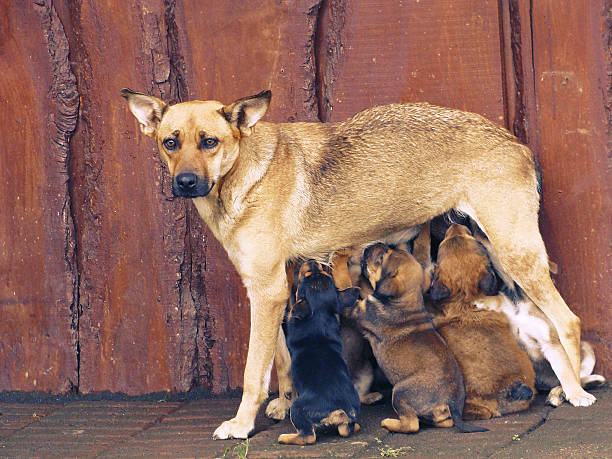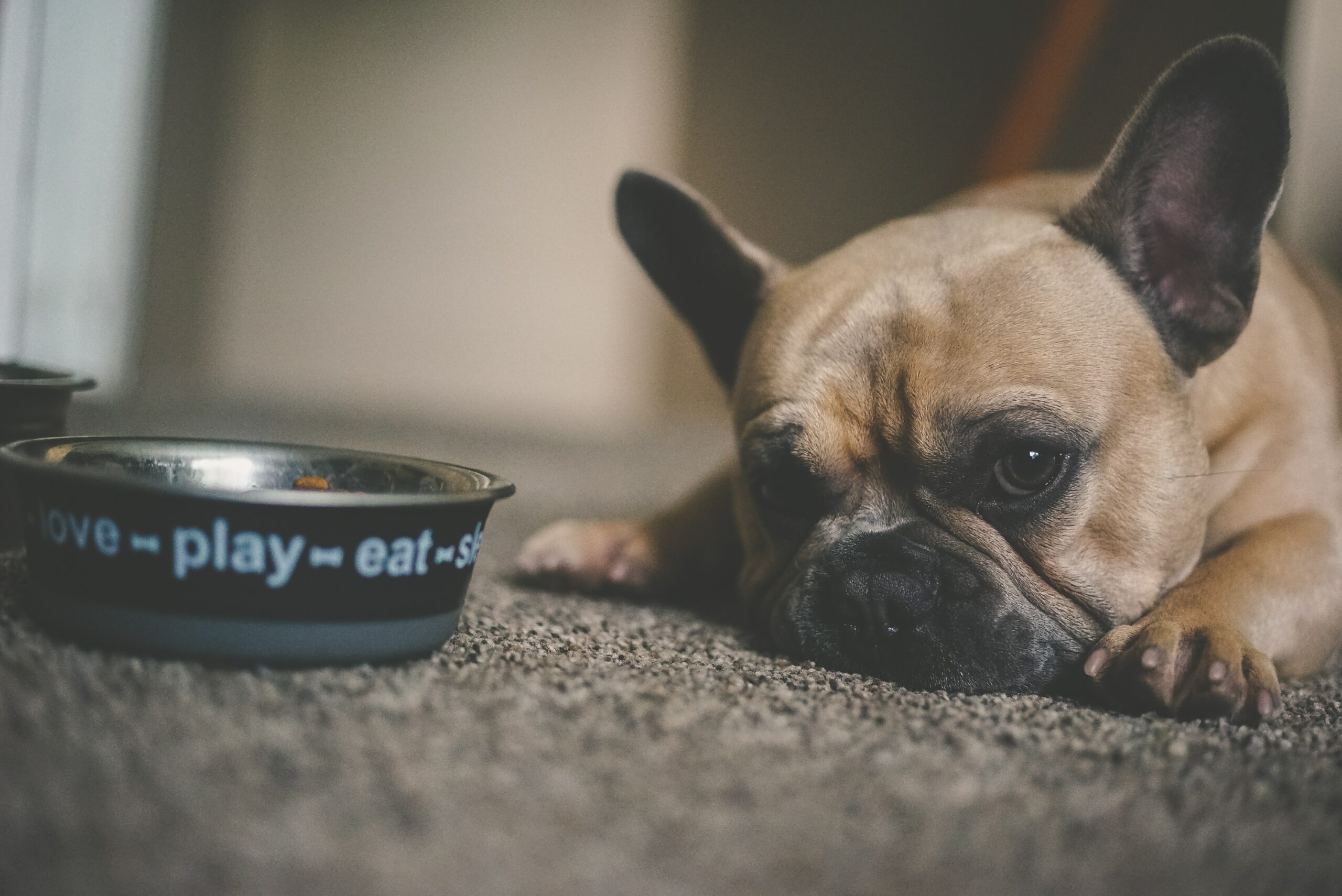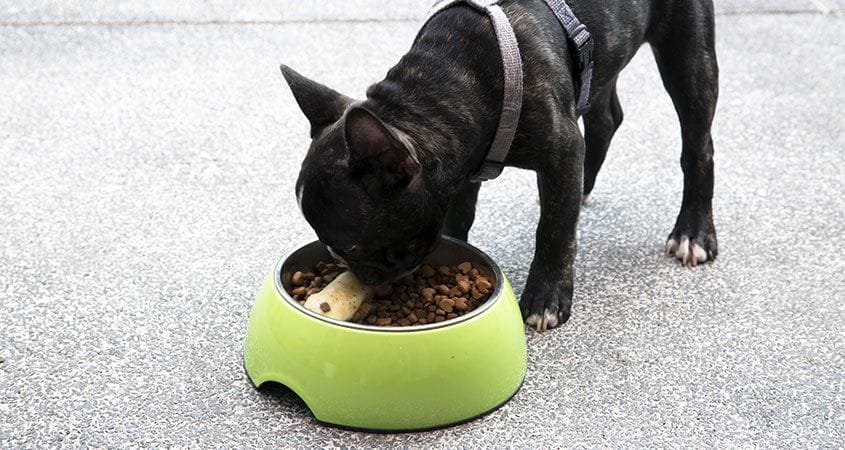Puppies are among the world’s cutest creatures. Sadly, life is a cruel mistress who gives a damn about whether or not something is lovely. An orphaned pup is both beautiful and brutal to care for a Newborn Puppy for at such an early age.
As soon as they are old enough, they will not be able to exist without their mother. We should function like the puppy’s mother for the first six to eight weeks of its life to save it. When a puppy’s mother isn’t available, the best strategy to provide the best possible care is to foster the relationship between the dog and the foster family.
To assist the pup in surviving, it will give you some advice on how to resume its mother’s position. When feasible, take the puppy to the veterinarian as soon as possible to get it checked out and to make sure it has a warm and pleasant area to relax in while you are at work.
Like a mother treating her pups, you must be patient with the dog all day. Hypothermia, dehydration, hypoglycemia, and other health issues are all possible without the mother’s care. As a result, they pay more attention to their health.
Puppies need to be kept warm:

Keep the Newborn Puppy warm as the first step. The nest should be at least 90 degrees Fahrenheit for the first week of incubation. As for the temperature, we should keep it between 70 and 80 degrees until the puppies are about two and a half months old. Utilize a heating pad or a hot water bottle wrapped in a towel to assist them in maintaining an appropriate body temperature.
To keep the puppies comfortable, you can use a heating pad or a hot water bottle wrapped in a cloth to provide warmth. It’s essential to keep the dog’s temperature. They get their mother’s bodies warm by swaddling each other.
You can drop the temperature to 70 degrees Fahrenheit until the baby is 5 to 6 weeks old. At this age, infants are capable of regulating their temperature. A blanket or a towel is still required, though, so that they can cuddle. You should avoid putting their nesting box near any windows or air conditioners.
A 4-Week-Old Puppy: What to Feed It?

Eating, keeping warm, and learning how to behave are regular activities for a puppy’s first few weeks of life. It is the mother’s only responsibility to ensure that a puppy’s development and growth are optimal. But if your puppy is orphaned for any reason, you will have to assume parental responsibilities.
A puppy’s mother provides all the nutrients it needs for the first four weeks, so they don’t need to be fed anything more. Using a canine milk substitute is necessary if your Newborn Puppy does not have access to its mother. It’s preferable to use a product specifically designed for dogs.
To avoid diarrhea and other problems, you should not use milk substitutes like cow’s milk or other milk substitutes on a long-term basis. When a puppy is four weeks old, it can begin eating solid food. They still require canine milk at this age but can add puppy kibble or wet food to their diet. Weaning takes about three weeks from start to finish.
A Pup that doesn’t want its mother’s milk can be fed by following these steps:
Every two hours is a good rule of thumb for feeding newborn puppies less than a week old. If their mother is not nursing them and your dog does not choose to ingest her milk, this is an option. Should use a bottle or syringe to feed the child.
Make a new batch of your puppy’s milk substitute every day. You should heat the formula to 100 degrees Fahrenheit before feeding it to your dog. It’s a good idea to talk to a veterinarian about bottle feeding and the best commercial canine milk substitutes. The frequency of feeding your puppy decreases as they get older.
Feeding your Newborn Puppy less frequently after four weeks of age will allow them to make the transition from canine milk to solid food more smoothly and quickly. Puppies this young typically need to be fed three or four times a day. The good idea is to add warm water and milk substitute to your dog’s dry kibble or wet food before mixing it.

Gruel or baby food-like consistency is ideal. Adding one component canine milk replacer to one part dry or wet food is usually suggested. For your dog, the best water is either filtered or boiled and then cooled. At the start, you should only use the gruel combination in place of one of your puppy’s milk feedings.
After 4 to 5 days, it’s time to switch out the other one. With each successive feeding, you can progressively reduce the amount of milk and water you give to your puppy. Your puppy should be consuming just solid food by the time they are 7 or 8 weeks old.
Here’s a step-by-step guide on how to bottle feed newborn puppies:
Follow the package directions to make the milk substitute. Please wait for the mixture to get down to room temperature before using it. Please take a look at the inside of your wrist to see how it feels.
Could you make sure the puppy is on its back?
Don’t try to feed it while it’s lying down. It can cause pneumonia and aspiration, which is quite deadly.
How often should a new puppy be bottle-fed?

Newborn pups, like human infants, eat a lot. Each day, they require anywhere from six to eight feedings. Puppies that are 3-4 weeks old should be able to survive on four meals a day. You can begin weaning them at the age of 4-5 weeks by making gruel. Puppy replacement milk or water is used to soften dry dog food to make gruel.
Four-Week-Old Puppy Weight Range:
The breed of a puppy will determine its optimal weight at four weeks of age. You can expect your Newborn Puppy to gain two to three times its birth weight in the first few weeks. Puppies that are growing generally gain between 10 percent and 15 percent of their initial weight per day, depending on their size.
Puppies that don’t gain enough weight in the first few weeks usually don’t live long enough to be of much use to you. New puppies must be fed every two to three hours for the first few weeks after birth, depending on their age.
Puppies can begin eating solid food at roughly four weeks of age, in addition to canine milk/milk substitutes. Puppies should only be fed solid food once they have reached the age of 7 or 8 weeks.


